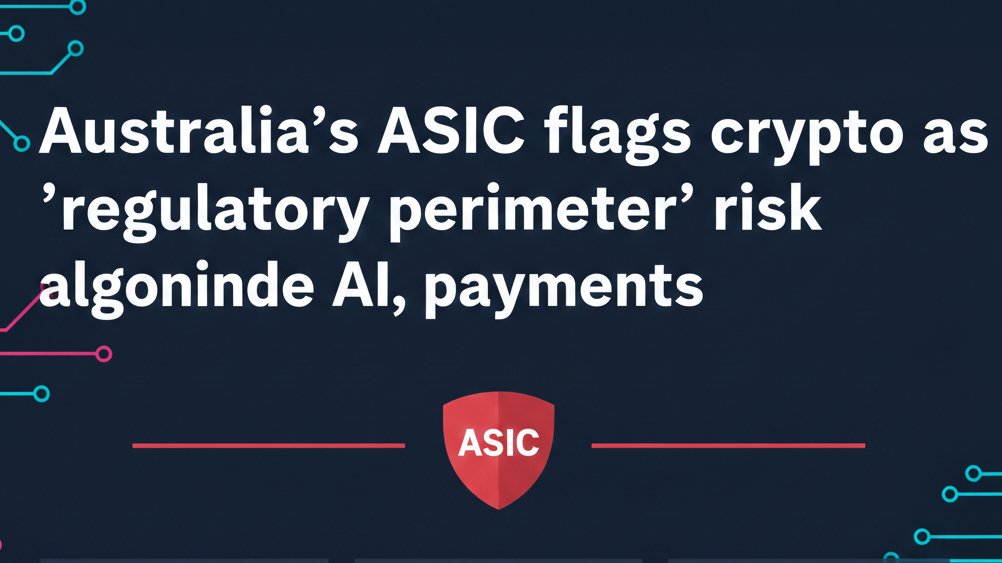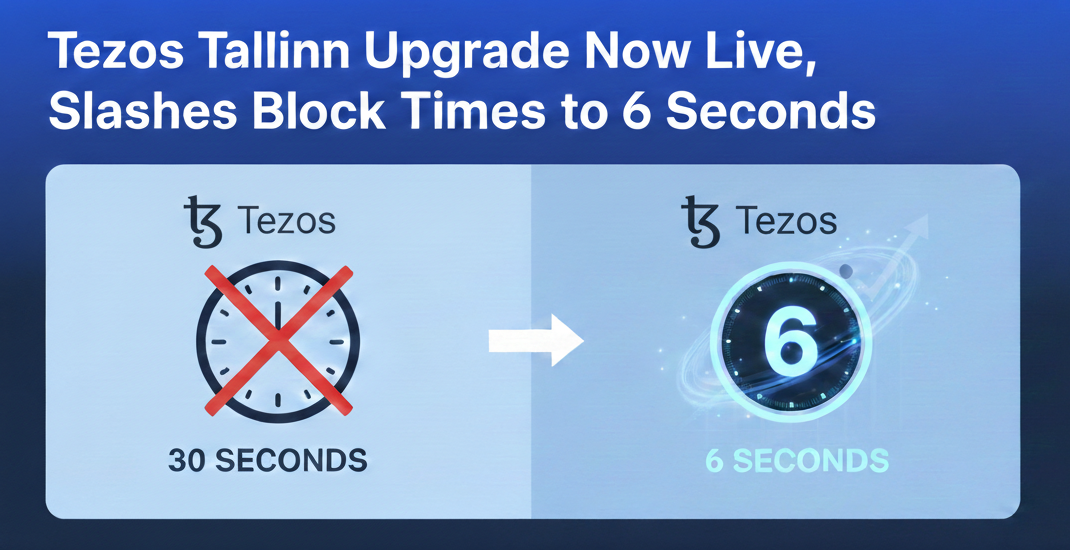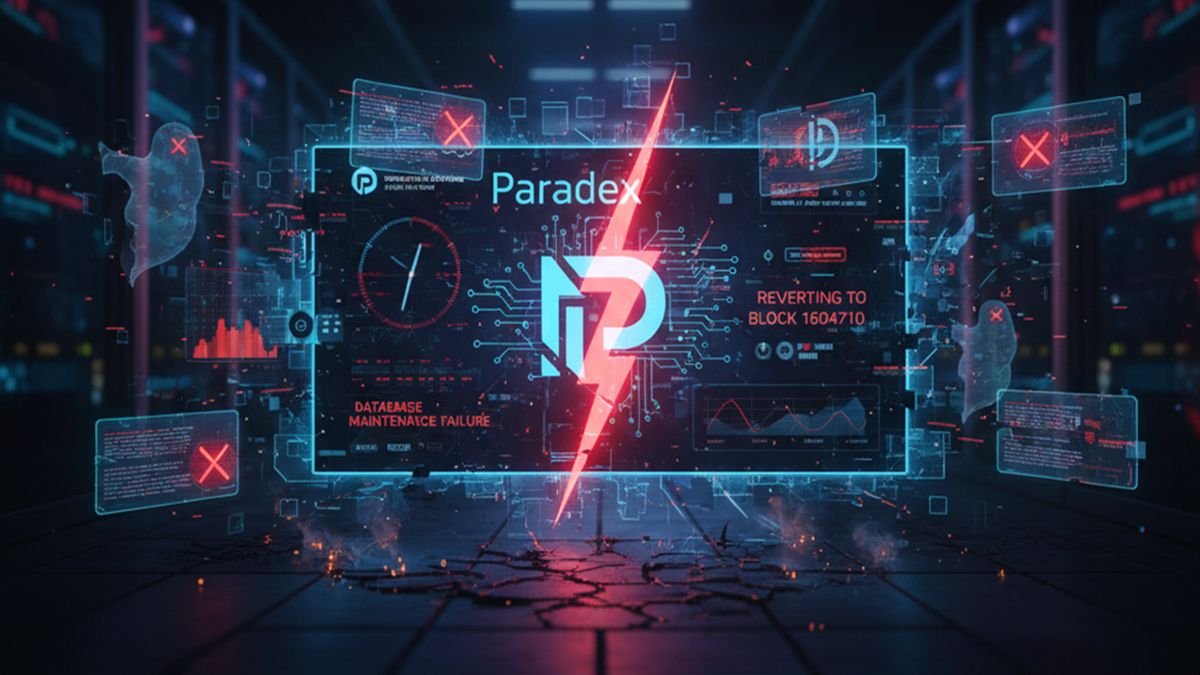Judge Issues Allen Charge as Jury Deadlocks in High-Stakes Storm/Tornado Cash Crypto Trial

The federal trial of Roman Storm, co-founder of the crypto mixing protocol Tornado Cash, entered a tense new phase this week as the jury reported continued deadlock after four days of deliberation. In a dramatic courtroom move, Judge Katherine Polk Failla delivered an Allen charge commonly called a “dynamite charge” urging jurors to reconsider their positions and strive for consensus, thus preventing a mistrial for now and prolonging deliberations in one of the most important crypto liability cases to date.
What Happened in the Tornado Cash Trial?
Jurors informed the court on Wednesday that they remained split on several counts. Storm’s defense attorney Brian Klein objected to the Allen charge, arguing that the impasse was unlikely to resolve and calling instead for the court to accept a partial verdict. However, Judge Failla sided with prosecutors, who advocated for continued deliberations. Assistant US Attorney Thane Arad stated, “Let’s cross that bridge when we get there,” emphasizing their preference to pursue a complete verdict at this pivotal moment.
By invoking the Allen charge, Judge Failla kept the trial alive, delaying the possibility of a mistrial and underscoring the dramatic divide among the jurors over the government’s claims.
Why the Storm/Tornado Cash Trial Matters for Crypto Developers
Roman Storm faces allegations of conspiracy to launder more than $1 billion in illegal funds including assets allegedly linked to North Korea’s Lazarus Group using the Tornado Cash privacy mixer. Prosecutors allege that Storm knowingly facilitated money laundering and promoted the decentralized tool to criminal groups, ignoring repeated warnings about its potential misuse.
The defense presents a different narrative, arguing that Storm authored open-source software and had no direct control or involvement in how others used the protocol. This defense raises fundamental questions about the boundaries of criminal liability for developers in the world of decentralized applications.
What Is an Allen Charge?
An Allen charge is a rare legal maneuver in which a judge instructs a deadlocked jury to re-examine their respective views with an open mind and make every reasonable effort to reach a unanimous verdict. It is typically employed only after an extended deadlock and is intended to break stubborn impasses and avoid mistrials that come from hung juries.
The Stakes: Precedent for Cryptocurrency Developer Liability
The outcome of the Tornado Cash trial has profound implications for the entire crypto industry, particularly for developers of open-source and decentralized protocols:
- If Storm is convicted, it could establish a precedent that developers may be held criminally responsible for how their code is used even if the platforms are fully decentralized and permissionless.
- If Storm is acquitted or some charges are dropped due to jury disagreements, it could offer legal breathing room for coders building tools in decentralized finance (DeFi), zero-knowledge tech, and privacy-enhancing projects.
Legal experts note that a maximum conviction could see Storm facing up to 45 years in prison, setting a stark warning for anyone developing privacy protocols or anonymization tools within blockchain ecosystems.
Broader Industry and Legal Impact
The Tornado Cash case is widely seen as a bellwether for crypto developer rights and regulatory clarity. As authorities push for increased accountability regarding crypto-based money laundering and illicit finance, developers, entrepreneurs, and advocates are watching closely: the final verdict could reverberate across DeFi, open-source software, and global digital asset communities.
As the judge encourages jurors to keep deliberating, the crypto industry waits anxiously for a verdict that could shape the future boundaries of innovation and accountability for blockchain software development.





